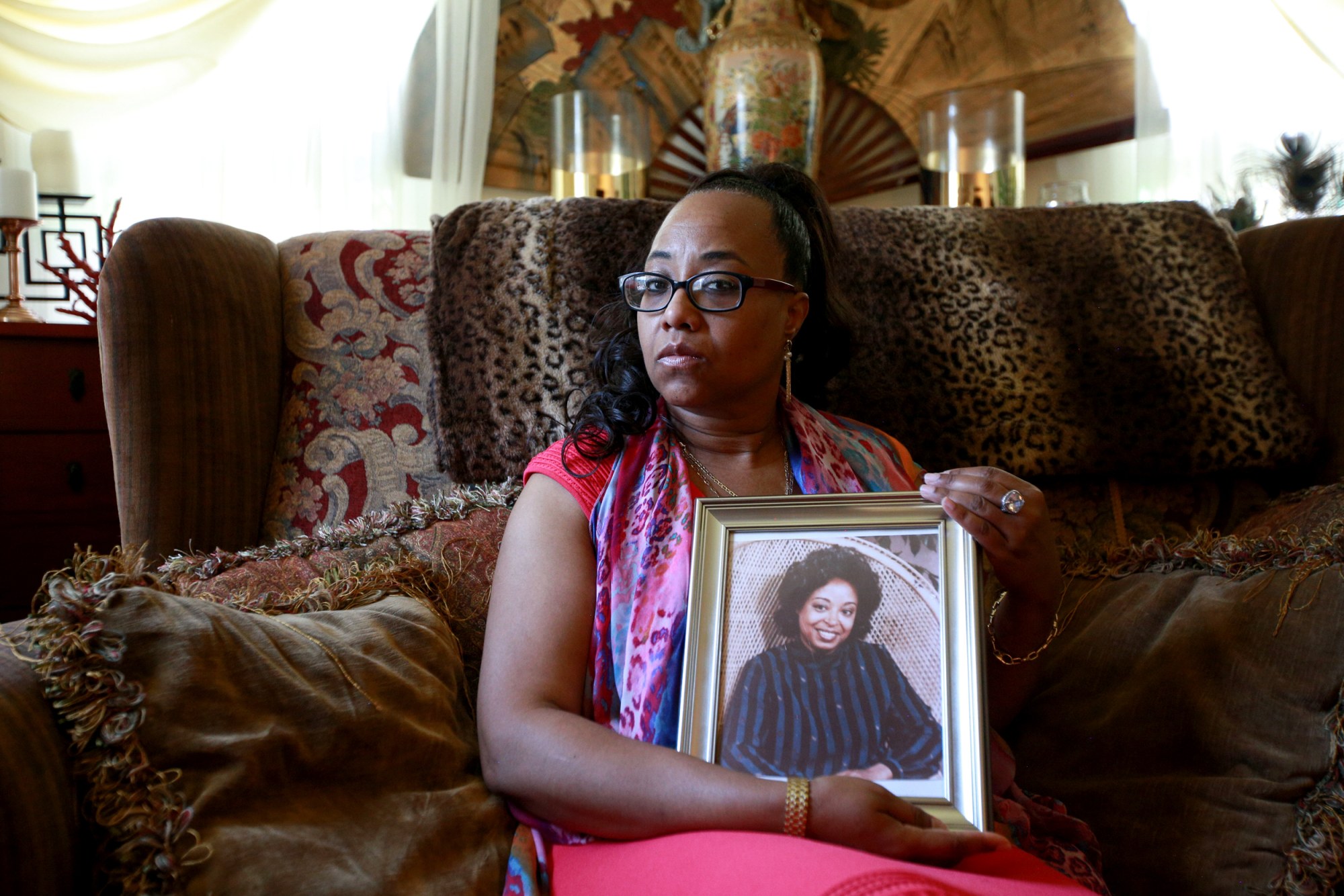Requesting Donations. If you follow this blog, please find it in yourself to donate. Click here.
This opinion piece is being posted with full permission of the Author, Rabbi Yossi N. Minor edits and formatting changes have been made from the original which can be found on Facebook, here.
Survival of the Frummest, Part 3 — Crimes and Misdemeanors –
One of the most troubling aspects of today’s ultra-Orthodox community is the systemic fraud perpetuated by so-called frumme Yidden. This fraud, aka geneivishe shtick, comes in many varieties and flavors, but the common denominator is that it’s all illegal. The most prevalent of these frauds are those perpetrated against government social welfare programs.To the extent that there is welfare abuse within the hareidi community, one may ask, what makes it systemic? The answer is simple: the various Hareidi community councils (BP, CH, Willie, etc.) actively encourage and assist community members to sign up for every welfare program available. Now, it is true that many of these individuals were eligible for the programs at the time they signed up, but as their income grows, they become ineligible. However, once a hareidi individual with little secular education is dependent on government welfare, he will be reluctant to give up welfare benefits.And this is precisely the Hareidi communities’ game plan from day one. In other words, the community consciously regards the government’s social safety net — food stamps, medicaid, wic, section 8, etc. — as part of their budget, not as a last resort for a few struggling individuals. Every year, hundreds of Hareidim get married with the intention beforehand of relying on government welfare to make ends meet. The Crown Heights Community Council and the various other Hareidi community councils in NYC were established with the purpose, among others, of filling out welfare forms for community members. Thus, to use yeshiva language, welfare for Hareidim is not a believed, but rather a lechatchillah.An integral part of the welfare fraud and abuse within the Hareidi community is the wide-spread phenomena of working off the books, or under the table. Without working off the books, families’ income may increase over time to the point of risking losing welfare benefits. This is the reason that most, if not all, yeshiva teachers, rebbes, and administrators work either completely off the books or half on and half off. By working off the books, the Hareidi community also ensures that their taxes will be lower than otherwise – or that they’ll pay no taxes at all. In short, as the Talmud teaches, aveirah goreret aveirah, a transgression brings another transgression in its wake.
This is how Hareidi welfare fraud leads to tax fraud.
One might assume that welfare fraud would be more likely to be committed by the 40% of Hareidim who live below the poverty line. But Hareidi fraud is not confined to the poor alone. On the contrary, as you climb up the food chain, the fraud only gets larger and more pernicious.
Rubashkin from Crown Heights and Samet from Kiryas Joel are perhaps the most colorful and well-known criminal defendants within the Hareidi community. However, the minyan at the Otisville Correctional Facility is large and ever-changing as new members join and old members leave .This is not to say there is no fraud within the Modern Orthodox Jewish community.
The implosion of Platinum Partners — the shady hedge fund run by Murray Huberfeld and Mark Nordlicht — is one example of fraudulent activity perpetrated by members of the MO community. Overall, though, MO fraud is not a community organized activity. An MO council to help individuals apply for welfare does not exist in Teaneck. The same cannot be said for the Hareidi community, where the fraud is wide-spread and systemic and where many members are semi-literate at best in English.
One may ask, how can systemic fraud be so prevalent in ultra-Orthodox communities? Aren’t they meant to be the ones upholding the Torah, which directly forbids stealing?
The answer is rather straightforward: stealing from the government, ie. gentiles, is not considered stealing. The logic behind this notion goes something like this: the Talmud rules that one need not return the lost object of a gentile or excess money paid for goods by mistake. Welfare benefits are akin to a lost object or excess money – and thus need not be returned. This is where racism also comes into play. Hareidim claim that welfare fraud is pervasive among other minority communities, so why shouldn’t we also get money from the government? At least we’re using it for Torah and Mitzvot!
It’s only a matter of time before the government wakes up and realizes the systemic nature of welfare fraud within Hareidi enclaves. When that time comes, which it will eventually, Hareidi society will have to begin preparing its youth for the real world. Until then, the fraud continues.
By: Rabbi Yossi N.



